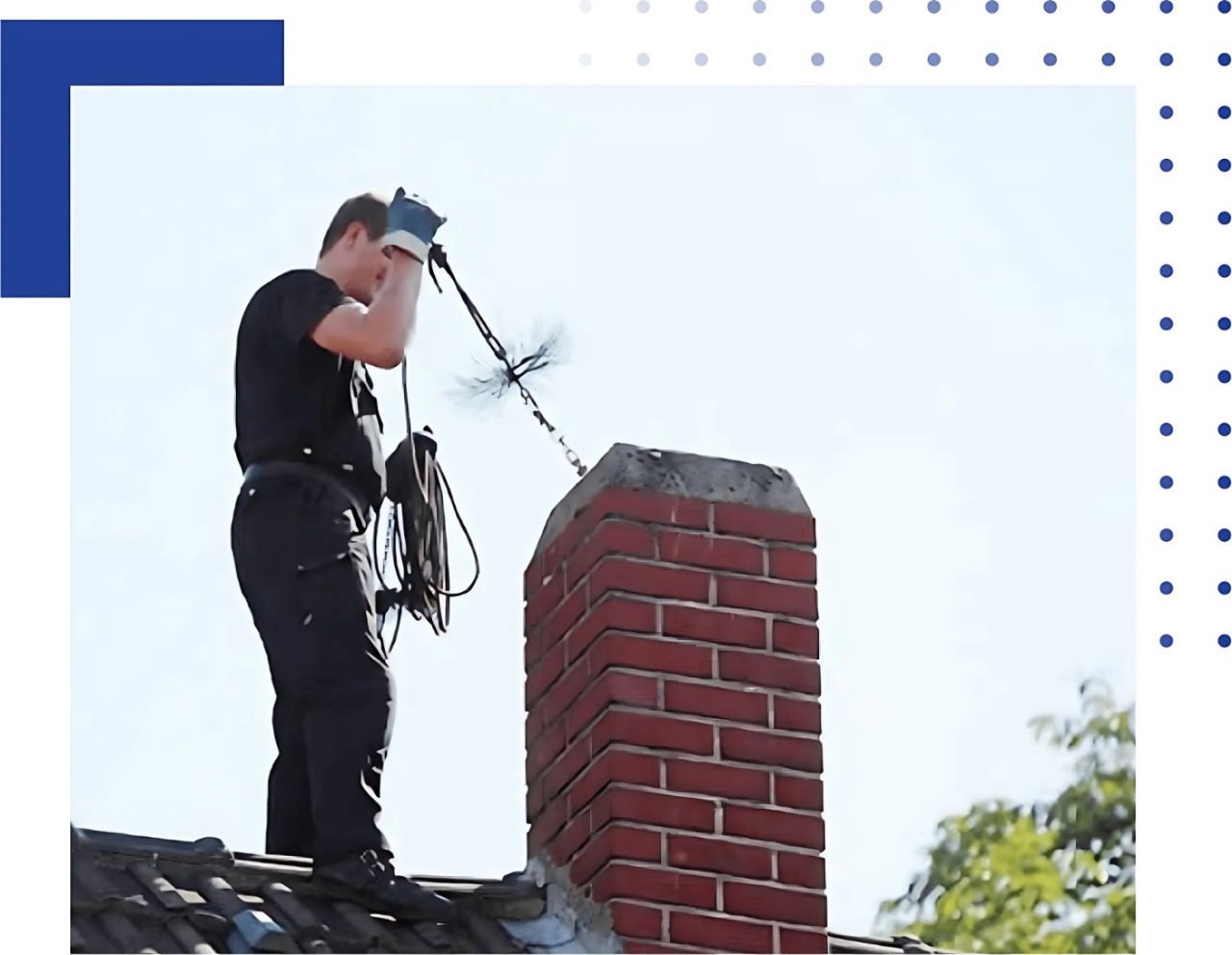
Why Chimney Cleaning Is More Than Just a Chore: The Hidden Benefits You Need to Know
The Warmth You Love, the Risks You Overlook
Lighting a fire in your fireplace should bring warmth and joy, not worry. But without regular attention, your chimney can become a silent hazard hiding above your head. The chimney isn’t just a vent for smoke—it’s a complex system that, when left uncleaned, can threaten your home and health. Discover the top chimney cleaning benefits and why this often-overlooked task should be on every homeowner’s to-do list.
The Top Chimney Cleaning Benefits You Can’t Ignore
Fire Prevention: Stop the Blaze Before It Starts
One of the most important chimney cleaning benefits is fire prevention. Burning wood releases creosote, a sticky, flammable substance that clings to your chimney walls. Left unchecked, creosote buildup can ignite with high heat, leading to a chimney fire.
- Creosote can ignite at just 451 degrees Fahrenheit.
- Chimney fires can quickly spread to your attic and roof.
- Even small chimney fires can damage the lining, increasing risk of future fires.
Clear Air, Clear Conscience: Prevent Carbon Monoxide Poisoning
Another essential chimney cleaning benefit is improved indoor air quality. A blocked chimney can trap carbon monoxide inside your home. This colorless, odorless gas is deadly and can build up quickly if ventilation is restricted.
- Headaches and dizziness are early symptoms.
- Pets and children are especially vulnerable.
- Annual inspections reduce this life-threatening risk.
Boost Efficiency: Get More Heat with Less Fuel
A clean chimney allows better airflow, making your fireplace or wood stove more efficient. If the air can’t flow smoothly, your fire struggles to burn cleanly. Chimney cleaning benefits include:
- Stronger, steadier flames.
- Less smoke and ash.
- Reduced energy waste and lower heating costs.
How Often Should You Clean Your Chimney?
Even occasional fireplace use calls for regular attention. The National Fire Protection Association (NFPA) recommends annual chimney inspections. More frequent cleaning may be necessary depending on your usage habits.
Guidelines Based on Usage:
- Frequent use (daily or weekly in winter): Clean at least once a year, ideally before the season starts.
- Occasional use (a few times per season): Inspect yearly, clean every 2–3 years.
- Gas fireplaces: While cleaner than wood-burning systems, still require inspections to check for obstructions or structural wear.
Bonus Chimney Cleaning Benefits for Homeowners
Maintain Property Value
A well-maintained chimney can preserve and even enhance your home’s value. Potential buyers often look for functioning, safe fireplaces.
Protect Interior Surfaces
Soot and smoke damage from poor ventilation can stain walls, ceilings, and furniture. Regular chimney cleaning keeps your interiors clean and fresh.
Detect Structural Issues Early
Annual inspections help spot cracks, broken flue tiles, and deteriorating mortar before repairs become expensive. Early detection is one of the long-term chimney cleaning benefits that can save thousands.
Chimney Cleaning Checklist: What Professionals Look For
When you schedule a professional chimney sweep, they typically inspect and clean the following:
- Chimney flue and liner
- Firebox and damper
- Chimney cap and crown
- Creosote buildup levels
- Blockages or nests (especially birds or rodents)
Most Overlooked Chimney Cleaning Benefits
Allergy Reduction
A blocked or dirty chimney can harbor mold, dust, and dander, circulating irritants into your living space. One of the lesser-known chimney cleaning benefits is improved respiratory health.
Insurance Compliance
Some homeowners’ insurance policies require regular chimney maintenance. Keeping cleaning records can help support insurance claims or reduce premiums.
Peace of Mind
Knowing your chimney is clean and safe gives you confidence when lighting your next fire. This peace of mind is a benefit you can’t put a price on.
Frequently Asked Questions (FAQ)
How do I know if my chimney needs cleaning?
Look for signs like a strong smoky smell, slow-burning fires, black soot marks around the fireplace, or visible creosote buildup.
Can I clean my chimney myself?
While DIY kits exist, professional cleaning is recommended. Certified sweeps have the tools and expertise to do a thorough job and inspect for damage.
What happens if I don’t clean my chimney?
Neglecting your chimney can lead to chimney fires, carbon monoxide exposure, poor heating efficiency, and expensive structural damage.
How much does professional chimney cleaning cost?
Most services cost between \$100–\$300, depending on your location and chimney condition. It’s a small price to pay for the long list of chimney cleaning benefits.
Do gas fireplaces need chimney cleaning?
Yes, though they produce less residue, they still require regular inspections to ensure the venting system is clear and safe.
Final Thoughts: Don’t Skip This Critical Home Task
From preventing fires to protecting your family’s health, the chimney cleaning benefits far outweigh the cost or effort. Regular maintenance extends your chimney’s life, boosts efficiency, and keeps your home safe and warm. Make it a yearly ritual, and enjoy your fireplace with total peace of mind. Learn more…